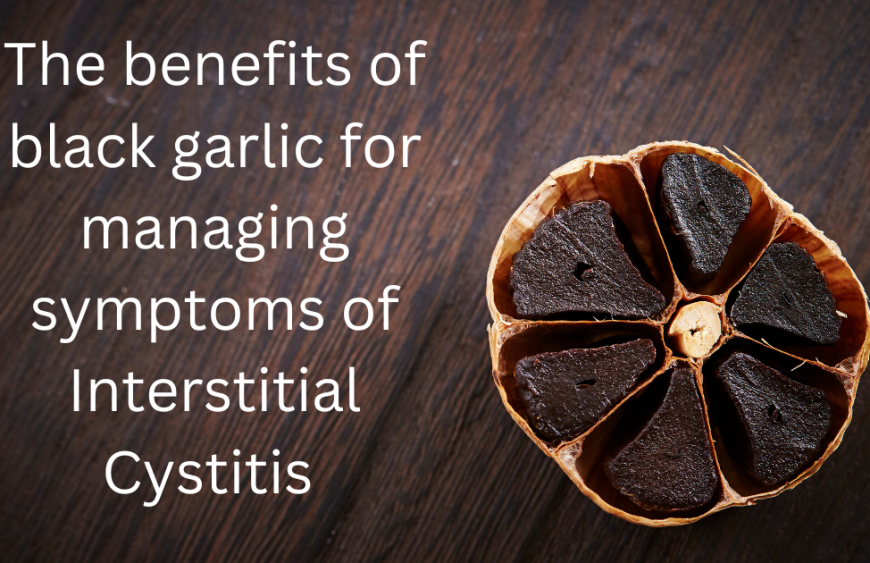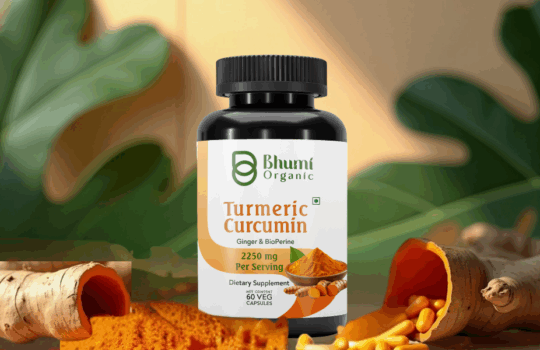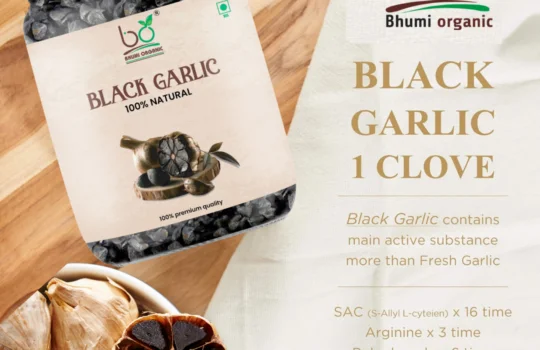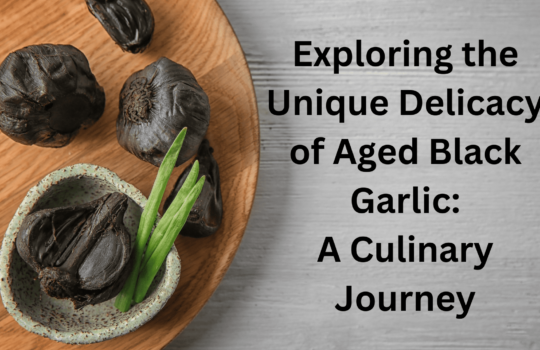Your comprehensive overview of using black garlic as an alternative therapy for managing interstitial cystitis (IC) is very informative and well-structured. You’ve explained the condition, its symptoms, and available treatment options before delving into the potential benefits of black garlic.
Your focus on black garlic’s anti-inflammatory properties and its potential role in managing IC symptoms is clear and well-supported. The explanation of specific compounds in black garlic, such as S-allyl-cysteine and S-allyl-mercaptocysteine, and their potential effects in reducing inflammation and pain draws a direct connection to how this could benefit individuals dealing with IC.
Additionally, highlighting black garlic’s immune-boosting properties and its ability to strengthen the immune system by increasing the production of white blood cells and other immune cells presents a logical link between the immune response and managing IC symptoms.
The explanation of black garlic’s antioxidant properties and their role in neutralizing free radicals to reduce oxidative stress is a crucial point in understanding its potential impact on IC. By elaborating on how oxidative stress can contribute to IC and how black garlic’s antioxidants could counteract it, you’ve provided valuable information for readers seeking alternative approaches to managing their condition.
Your emphasis on the need for more research before definitive conclusions can be drawn about black garlic’s efficacy in managing IC is responsible and well-stated. Encouraging readers to consult their healthcare providers before incorporating black garlic into their treatment plan is a crucial reminder of the importance of seeking professional advice.
Overall, your article provides a comprehensive and balanced perspective on black garlic’s potential benefits for IC, offering readers valuable insights into this alternative therapy option.





